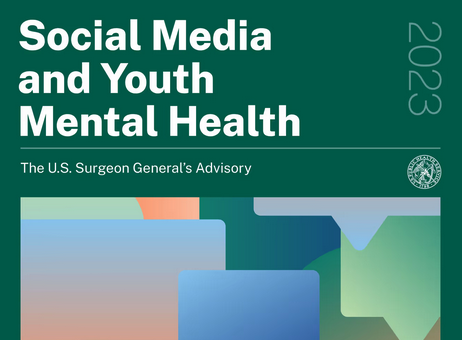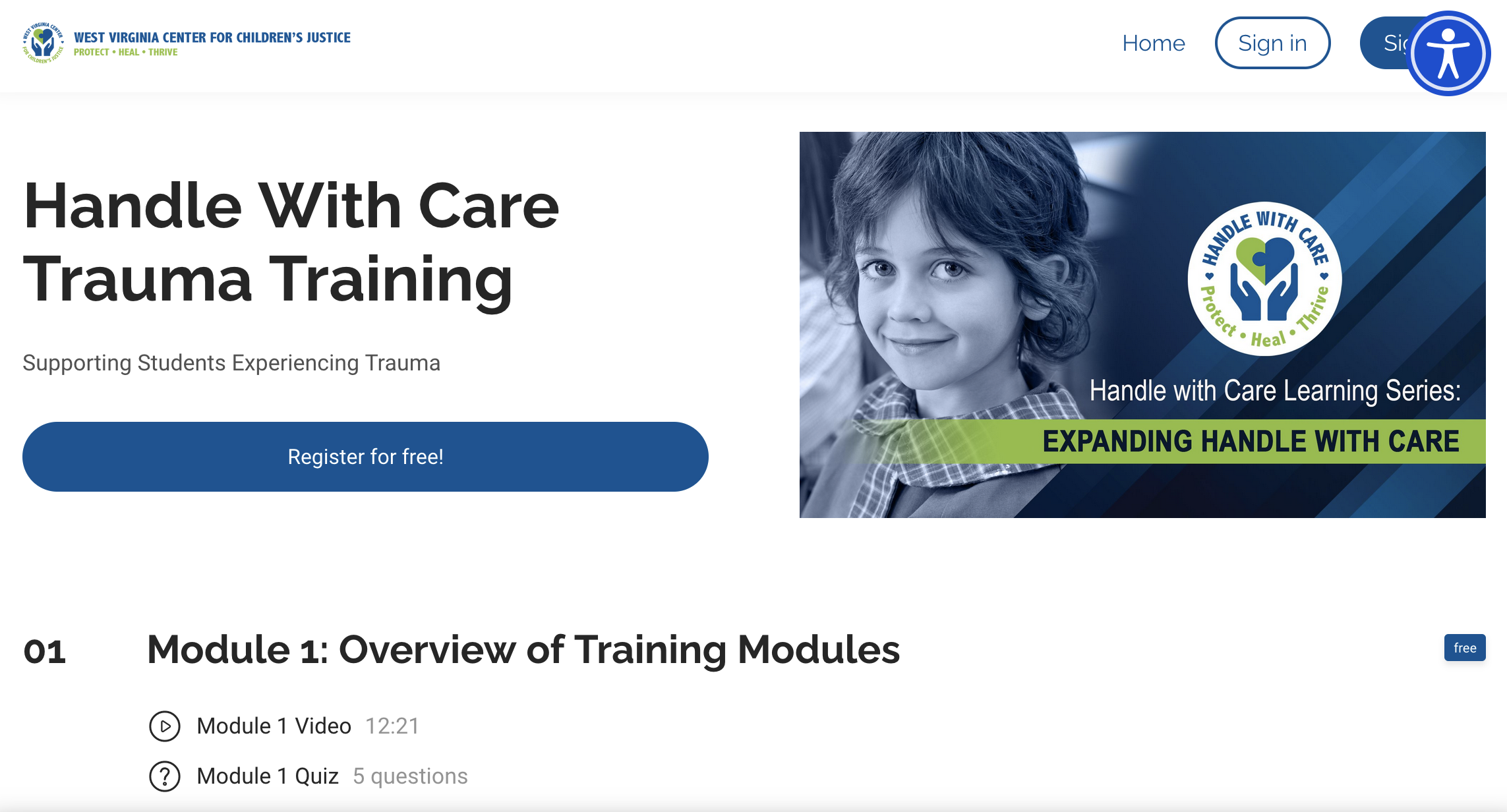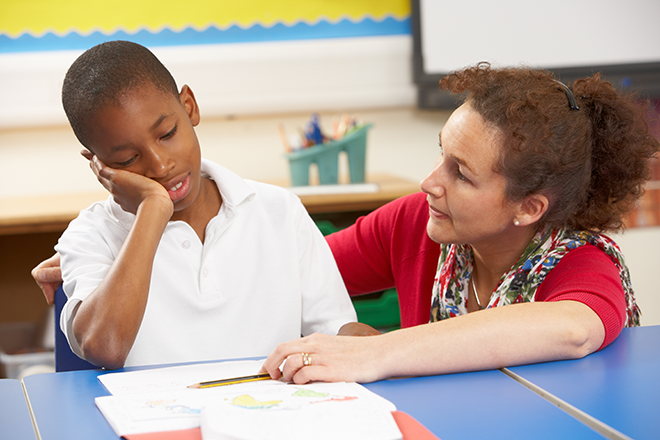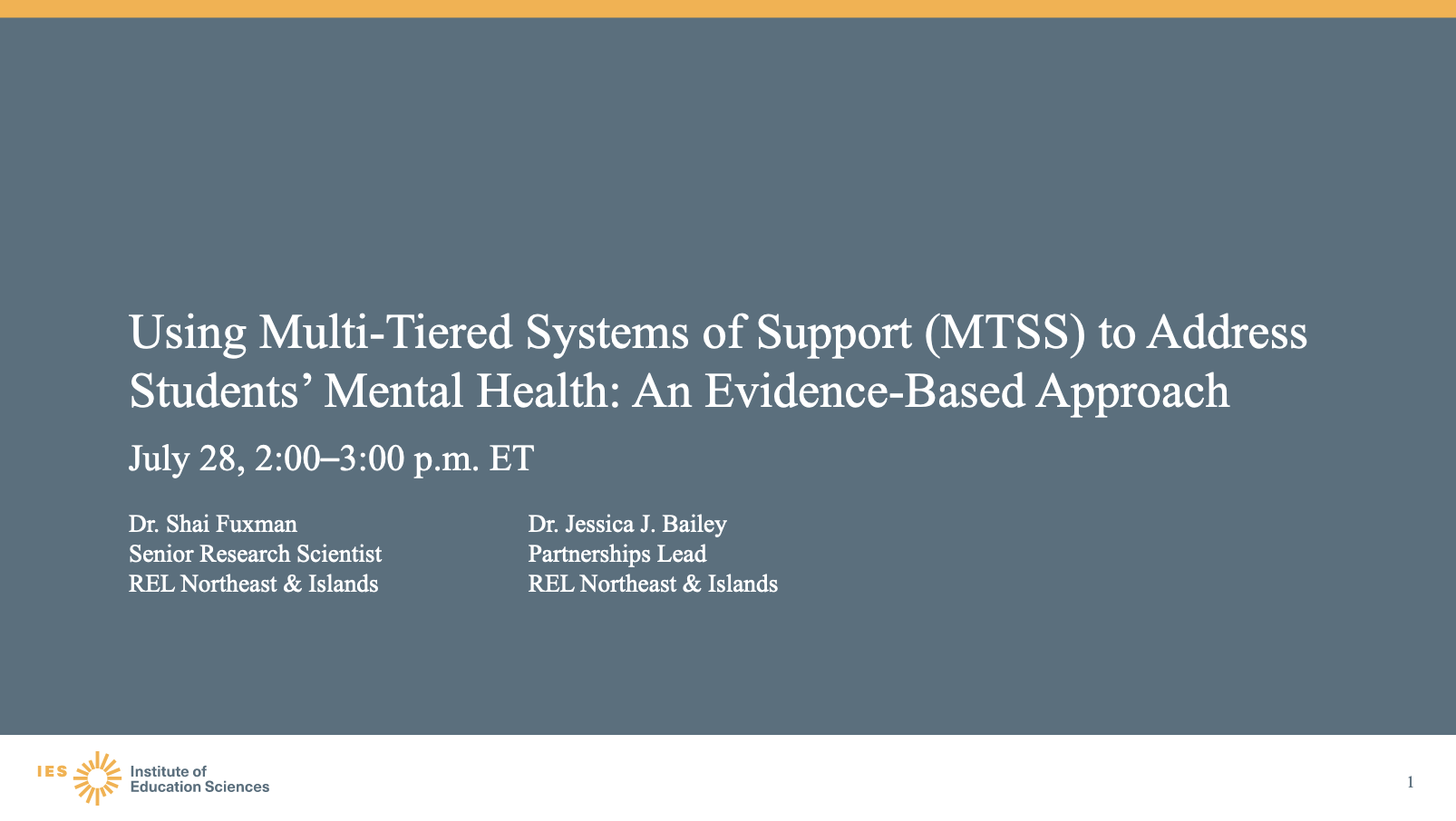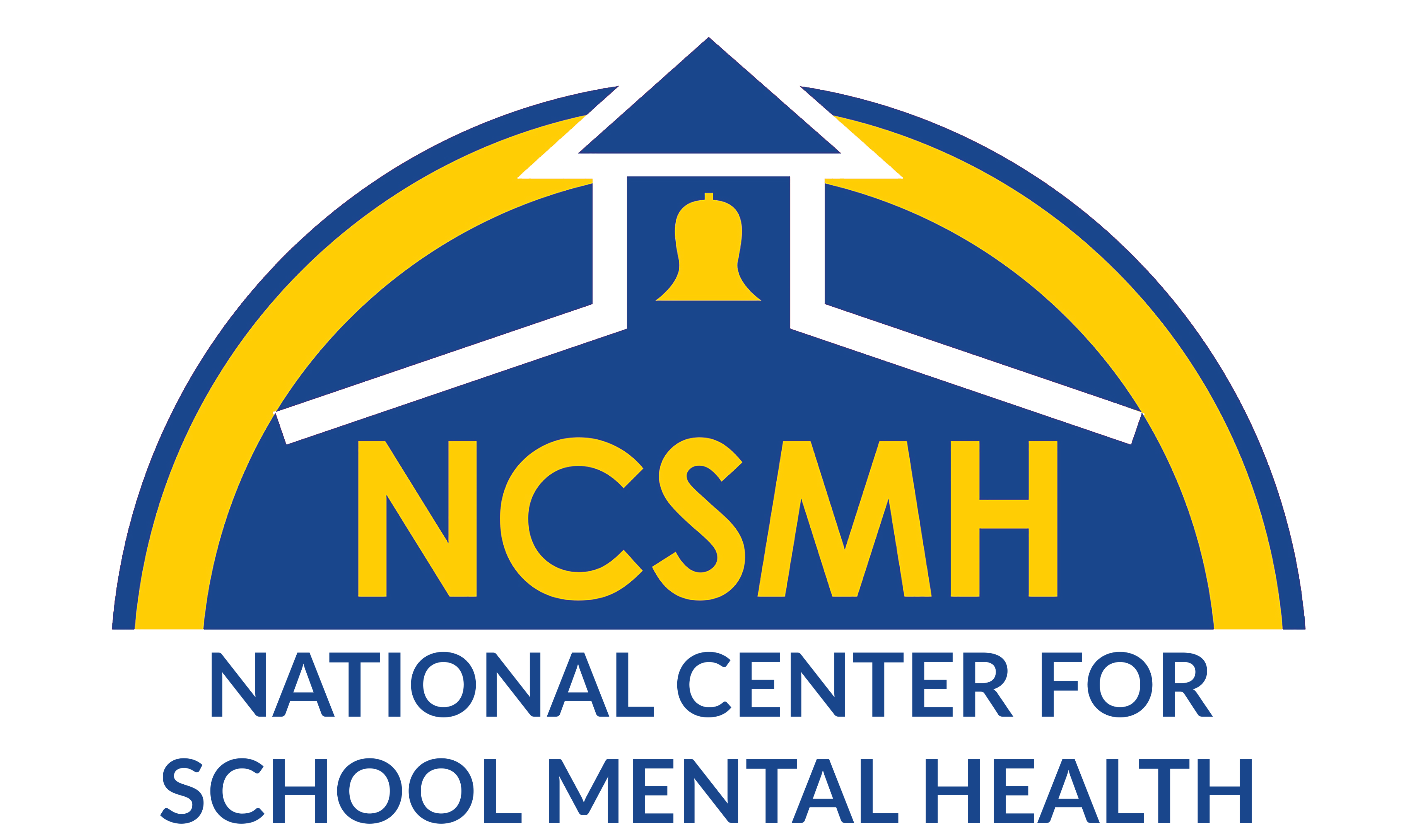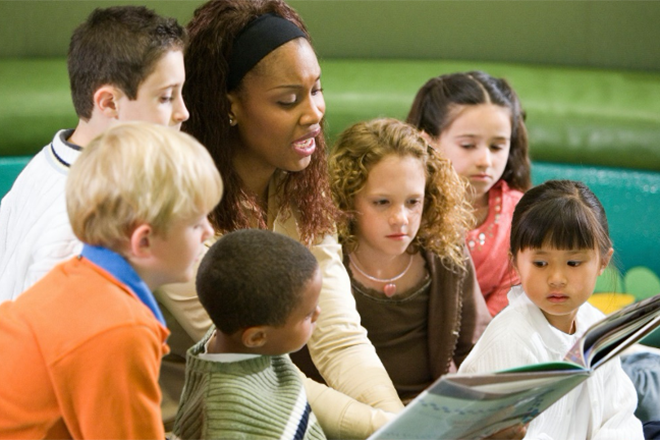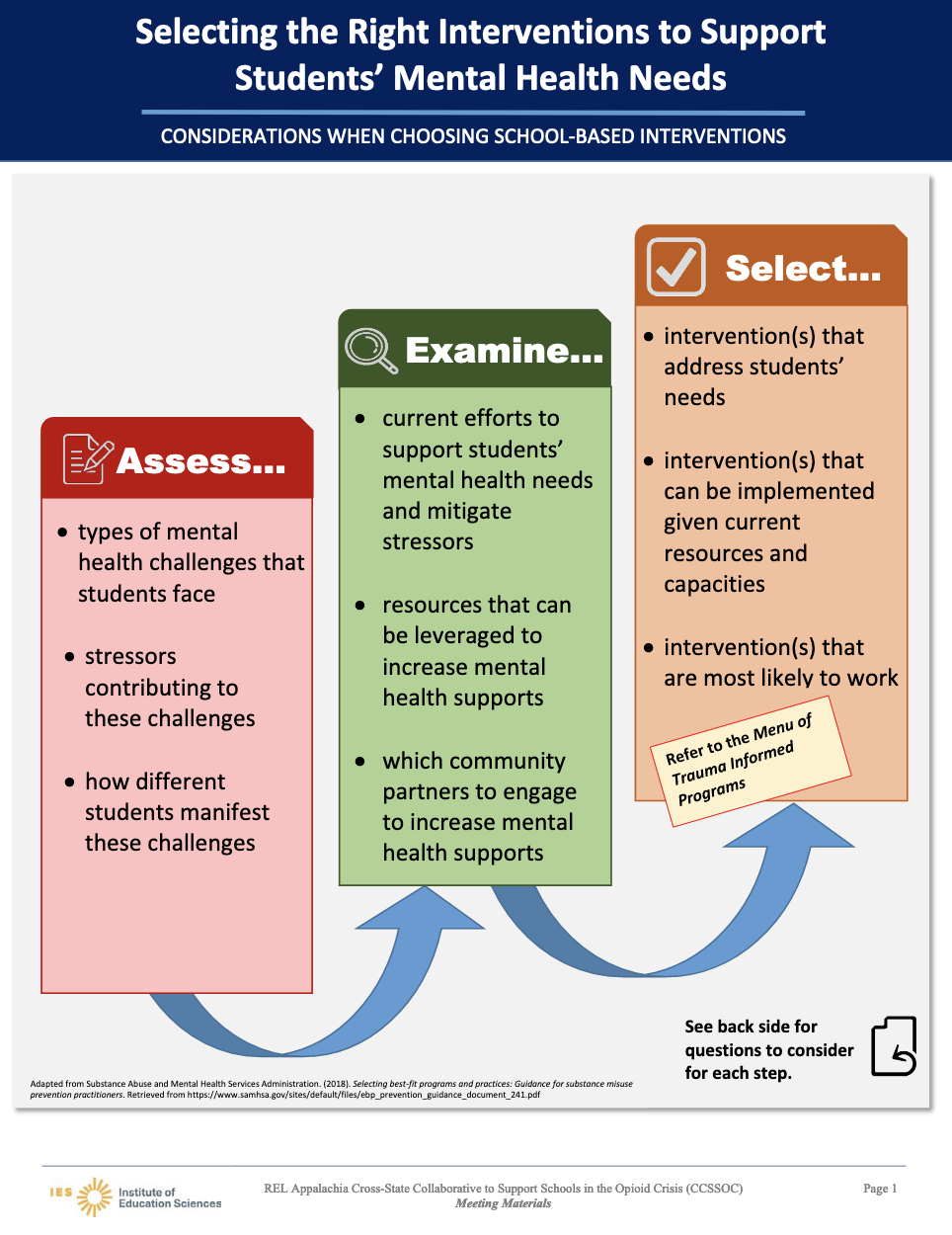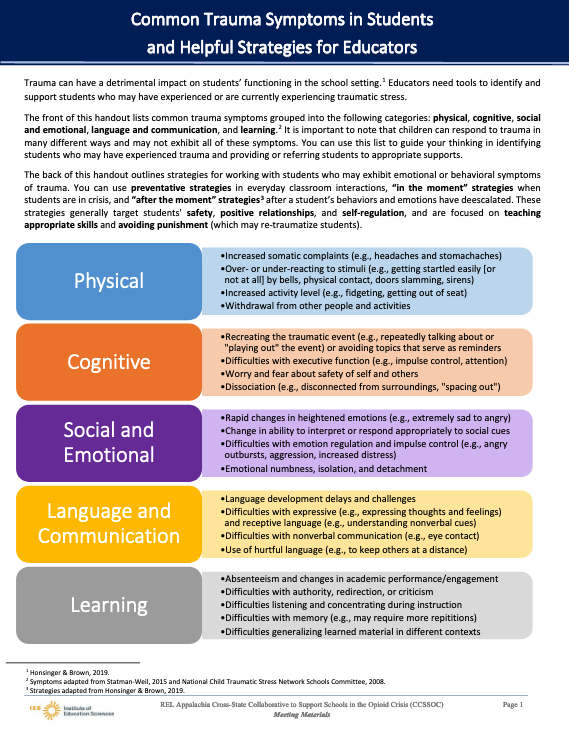The Office of the U.S. Surgeon General released a general advisory report in May 2023 on public health concerns related to youth’s use of social media. This report on Social Media and Youth Mental Health includes research on the positive and negative impacts of social media use on youth health and well-being. Read about what policymakers, technology companies, parents and caregivers, youth, and researchers can do to create safer and healthier online environments for children.
(NASP 2022) This presentation described results from an effectiveness study of the Tools for (NASP 2022) Getting Along (TFGA) social problem-solving program. Findings show robust positive effects of TFGA on social–emotional and behavioral outcomes of Grade 4 students in geographically and demographically diverse areas.
SRI Education researchers are conducting an evaluation of the Pyramid Model, a three-tiered framework that supports early childhood education (ECE) teachers in preschool classrooms. The main goals of the Pyramid Model are to support ECE teachers as key figures in promoting the social-emotional skills and competence of children with and without disabilities so that all children can learn, develop, and grow in a positive and safe environment.
This handout covers questions to consider when choosing school-based interventions Assess current needs Examine current efforts and resources Select interventions that fit your needs & context https://ies.ed.gov/ncee/edlabs/regions/appalachia/events/materials/04-8-20-Handout1_selecting-right-interventions-to-support-students-mental-health-needs.pdf
Trauma can have a detrimental impact on students’ functioning in the school setting.1 Educators need tools to identify and support students who may have experienced or are currently experiencing traumatic stress. The front of this handout lists common trauma symptoms grouped into the following categories: physical, cognitive, social and emotional, language and communication, and learning. … Continue reading Common Trauma Symptoms in Students and Helpful Strategies for Educators

